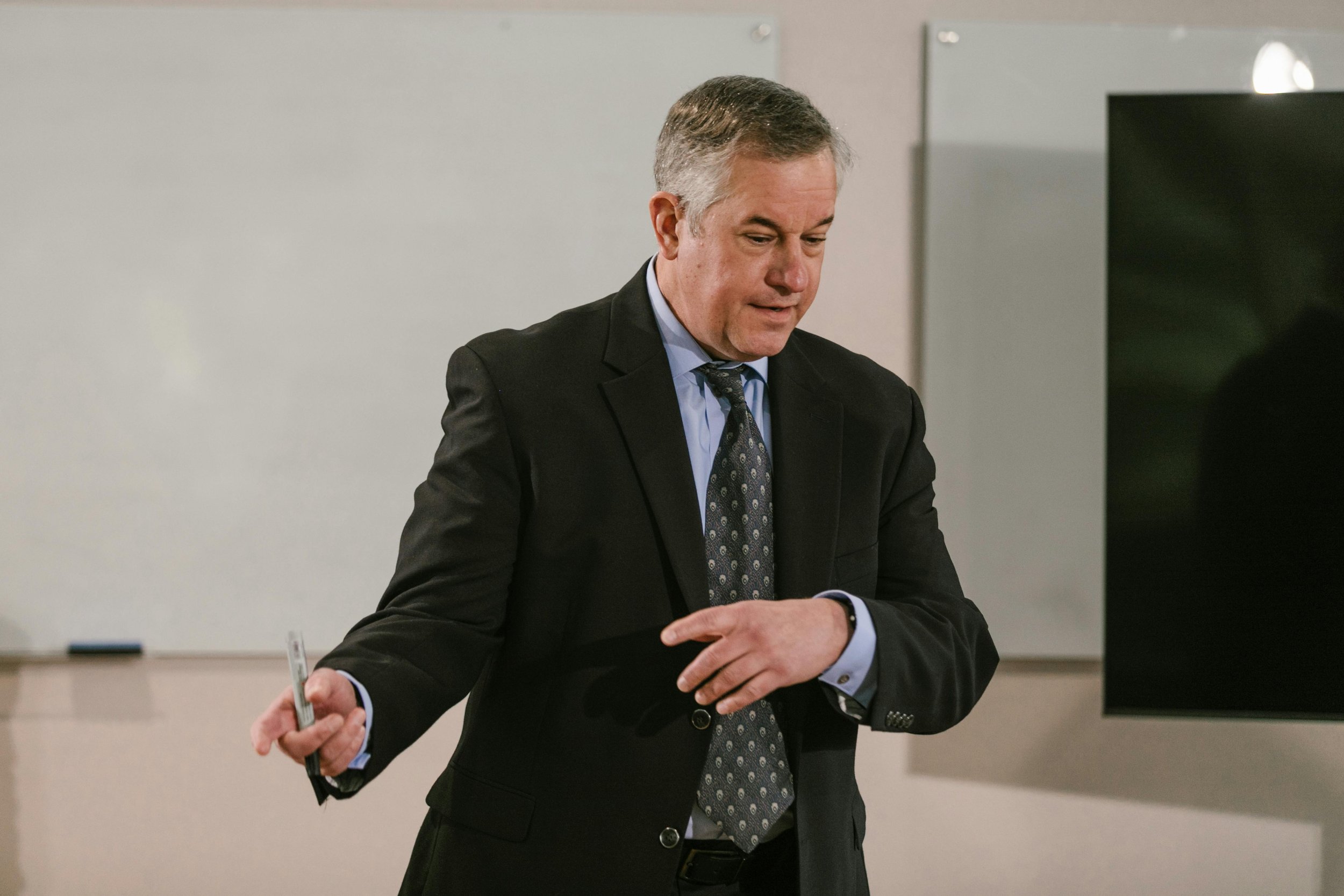According to recent research, Gen Z has a concern about AI that might surprise you: cognitive decline. They fear that relying on AI could erode their intelligence, creativity and social connection. When I shared this finding with the HR and L&D leaders at our webinar last month, it was clear that attendees found this just as surprising as I did.
Image by Aathif Aarifeen from Pixabay
Now, this doesn’t mean that Gen Z is anti-AI: Six in ten Gen Z’ers and millennials believe that career advancement requires AI skills. But they also understand that it’s not the be-all, end-all. Over eight in ten believe “soft” skills are required for their success. In other words, they want to develop their AI capabilities and protect their human ones. We also see this tension play out in our work with companies: Leaders want to equip their teams with AI skills, but they're also grappling with how to preserve the human capabilities that make great leadership possible.
As a company with a 17-year track record of helping leaders at top organizations build the confidence, capabilities and credibility to succeed, we believe this is one of today’s most significant trends in developing the employees who will become your bench of future leaders. Here’s how we’re guiding our clients in balancing AI and human capabilities in their L&D programs.
Humans Make Decisions; AI Helps
Strategic thinking is one of the most important leadership capabilities. But it’s also a common shortfall in development programs. A DDI survey found that just under two-thirds of leaders had received no training in setting strategy and managing change. It’s understandable these leaders would turn to AI for help, but how they do so can make all the difference.
As we coach our clients on strategic decision-making, we talk about how this is an area that can’t be outsourced to AI. But AI can help with the process by asking clarifying questions, speeding up research and revealing blind spots. We recommend development programs that teach your Gen Z employees the fundamentals of strategic thinking, such as seeing the big picture and focusing on the right work, paired with technical training on how to engineer prompts that maximize AI’s potential as a thinking partner.
Get Deliberate About Building Human Skills
More than eight out of 10 managers say Gen Z employees need more help with skills like critical thinking, creativity, emotional intelligence, interpersonal connection and resilience than they’re currently getting. These are the kind of richly human capabilities that can’t be mastered just by watching a YouTube video or asking AI for advice. Instead, we learn these human skills by, well, being around other humans, and Gen Z’ers are at a disadvantage compared with earlier generations. Coming of age during the pandemic robbed them of social interactions, and the rise of remote work means they don’t have as many opportunities to learn “by osmosis” from colleagues as you and I did.
Gen Z employees seem well aware they need to make up some ground in their human capabilities. They feel isolated by technology and want more in-person time, including in-person development opportunities. If AI training dominates your L&D budget right now, you can still give Gen Z’ers the face-to-face learning they crave through cohort learning, mentoring and manager coaching.
A Generation Ready to Lead — With the Right Support
While there’s an urgent need for training that gives Gen Z the technical and human skills they need to become tomorrow’s leaders, we’re so optimistic about this generation’s potential to reshape the workforce and the world. They have a healthy approach to AI—one that involves neither running from it nor blindly embracing it. And they are eager for chances to learn the human elements of leadership. When we provide development opportunities that align with their needs, we unleash the full potential of Gen Z’s strengths: collaboration, flexibility, pragmatism and authenticity.
Empowering this new generation of leaders must be one of your top priorities. The recent Brandon Hall Group HCM Excellence Conference drove home just how quickly things are changing—and how some organizations are far more ready for these changes than others.
How is your organization keeping pace? At Newberry Solutions, we have a suite of products and services to help cultivate future-ready leaders. We know that technology and person-to-person learning should work hand in hand to provide the development employees want while also driving business results. Contact us to learn more.
Don’t wait for performance to drop before taking action. Discover how the New Lens® platform helps organizations support managers with bite-sized, actionable learning—built for today’s fast-paced, high-stress environments.







